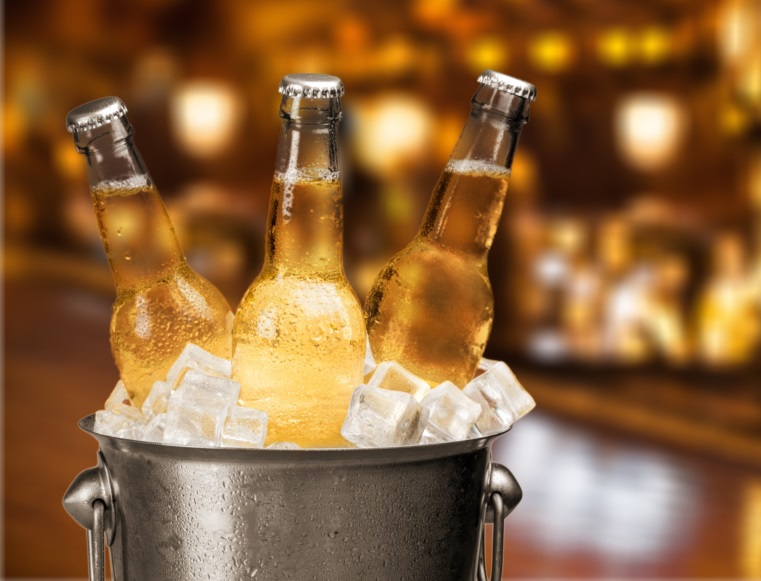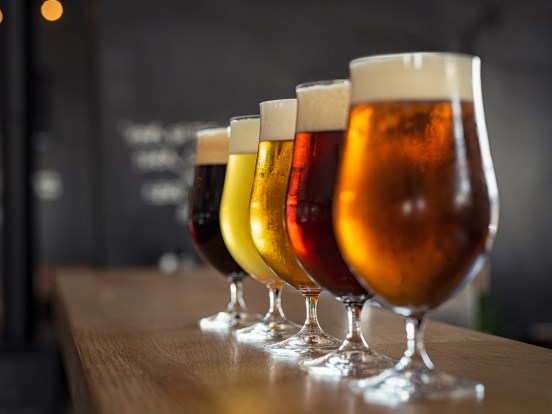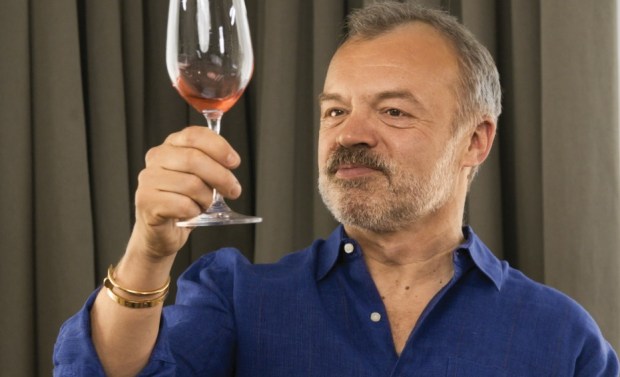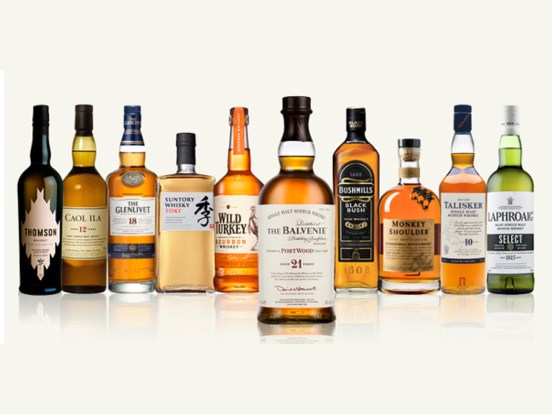At a time when the sales of top-selling light beer brands have been contracting in the US, Anheuser-Busch InBev’s (AB InBev) Michelob Ultra is redefining the ultra-light beer concept in a move that could have global implications, says leading data and analytics company GlobalData.
AB InBev launched Michelob Ultra ‘low carbohydrate light beer’ in the US in 2002, when the country was in the middle of the famed Atkins diet craze and was subsequently able to cultivate a devoted core of users, including weight-conscious women, even while the overall light beer sector shrank.
As recently as 2007, Bud Light, Coors Light and Miller Lite collectively accounted for roughly one third of US beer shipments, according to Beer Marketer’s Insights and The Wall Street Journal. By 2017, that collective share had shrunk to just over a quarter. However, Michelob Ultra brand bucked the trend and had its biggest year yet in 2017 when US shipments grew by over 21%.
Sensing a revival of the low-carb trend, a number of companies are making a more premium push for ultra-light beer. Heineken USA launched 90-calorie Amstel Xlight aligned with top interests of millennial consumers – wellness and fitness – into a handful of markets in 2017.
Tom Vierhile, Innovation Insights Director at GlobalData, says: “While it sounds odd to link beer with fitness, brewers with a sense of self-preservation are keen to establish the link. Data suggests that younger consumers see alcohol in a more negative light than older consumers and beer that is perceived to be more healthful could thrive in the US and elsewhere.”
According to GlobalData’s Q4 2016 consumer survey, 54% of 25–34 year-old Americans are actively trying to reduce consumption of alcohol compared to 28% of Americans overall and just 15% of 45–54 year-olds. A higher percentage of these younger consumers say they are actively trying to reduce consumption of alcohol than fat (51%), sugar (41%), or even carbohydrates (36%).
Globally, the differences are more moderate but still indicate a tendency of younger consumers to more closely evaluate the health consequences of their consumption choices than older consumers. 25% of 25-34 year-olds globally say they are actively trying to reduce consumption of alcohol, versus 22% of global consumers overall. Just 17% of 65+ year-old global consumers say they are actively trying to reduce alcohol consumption.
Vierhile adds: “Lower alcohol, carbohydrate and calorie contents are trends to keep an eye on in global beer innovation. But new entrants promising a higher-quality beer experience than past launches that were obsessed with calorie counts show a maturing of the ‘healthful beer’ concept into something with global growth potential.”
In line with the low-card trend, India-based B9 Beverages launched Bira 91 light lager with just 90 calories per 330ml bottle and 4% ABV. In New Zealand, Speight’s Summit Ultra Low Carb lager claims to have 75% fewer carbohydrates than regular beers and 4.2% ABV.
Eager to defend its turf, AB InBev earlier this year launched Michelob ‘Ultra Pure’ Gold with organic grains.” With just 2.5 carbohydrates and 85 calories per 12-fluid-ounce serving, ‘Ultra Pure’ Gold is billed as a ‘superior light beer’.
Vierhile continues: “Organic ingredients resonate with younger consumers, who equate the term with a product that is intrinsically more healthful and aligns with popular trends like clean eating and drinking.”
Some companies are even using fruit and fruit flavors to cut calorie and alcohol levels. Indonesia-based PT Beverindo Indah Abadi has recently rolled out 2.9% ABV Prost Alster lemon lager beer with 10% real lemon juice.
Vierhile concludes: “For consumers bored with the ‘same old’ light beer, these new offerings may provide a reason to give reduced-calorie beer another look.”





